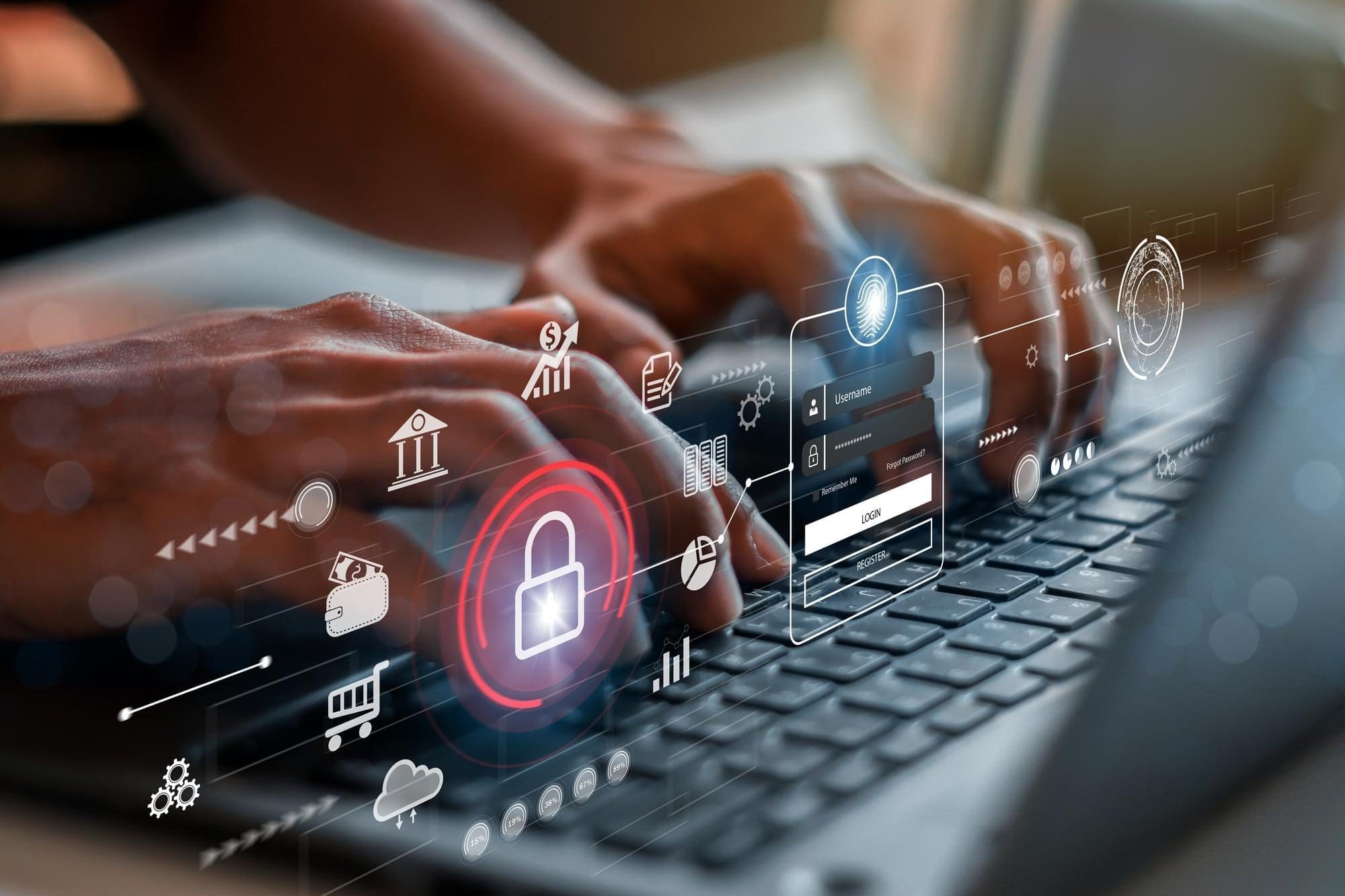“If it seems too good to be true, it probably is?” Well, I think we can all agree that applies to cyber attacks as well. But what about when “it” — the scam tactic, that is — does not seem too good to be true. It’s not too flashy, but rather, subtle, nuanced and feels, well, just right? The reality is that cyber criminals are getting smarter and more sophisticated by the day — and so is the technology used for their social engineering endeavors. This means it’s increasingly important for law firms to understand how best to protect themselves from these stealth threats. In this article we’ll take a look at the top 15 law firm cyber security tips. These will help your firm prevent a cyber attack from wreaking havoc on your business.
Top 15 Law Firm Cyber Security Tips
#1: Educate Yourself and Your Team
Make sure you and your team are familiar with the various types of phishing scams out there, so you can recognize them when they come your way. Additionally, make sure your team knows never to click a link or download an attachment from an email unless they’re absolutely sure it’s legitimate.
#2: Train Your Employees
Educating yourself and your team isn’t enough; you need to provide detailed training on how to spot phishing emails and what to do in the event of one being received. It’s also important that everyone understands the potential consequences of clicking a malicious link or downloading a dangerous file.
#3: Use Strong Passwords
Passwords are like keys—if you don’t have strong ones, then anyone can get into your accounts (or worse). Make sure all of your passwords are unique and difficult-to-guess so hackers won’t be able to gain access to confidential client information or other sensitive information stored on the firm’s systems.
#4: Have a Security Plan in Place
Developing an effective security plan is key in defending against phishing attacks, as well as other cybersecurity risks such as malware attacks and data breaches. Make sure all employees know their roles in maintaining the security of the firm’s systems and data—and make sure those responsibilities are taken seriously!

#5: Backup Your Data
Create multiple hardcopy backups of all important data just in case something happens (like if hackers manage to gain access). If possible, store those backups offsite so they’re safe even if something goes wrong with the main system(s) at the office itself (for example, if there’s a power outage or fire).
#6: Monitor Communications
Regularly monitor both incoming and outgoing communications for suspicious activity—such as emails containing suspicious attachments or links—and take appropriate action if anything looks unusual or suspicious.
#7: Update Software Regularly
Most software updates include security patches designed to patch up any vulnerabilities present in older versions of the software; thus, make sure all software used by your law firm is kept up-to-date with the latest version at all times!
#8: Review Logs Regularly
A log review should be done regularly (at least once per month) in order to ensure nothing out-of-the ordinary has been happening with regards to law firm account activity; any suspicious activity should be reported immediately for further investigation/action by IT personnel/security professionals/etc..
#9: Implement Multi-Factor Authentication
Multi-factor authentication adds an extra layer of protection against unauthorized access by requiring users not only provide their username/password but also prove their identity through another method such as answering security questions correctly or entering an additional code sent via text message before being allowed access into an account/system..
#10: An Antivirus Is Not Enough
If you are counting on an anti-virus to stop a cyberattacks — you are putting your entire business in jeopardy. Having antivirus software installed on systems & devices used within law firms can aid slightly in detecting known malicious viruses & other forms of malware, once they are already in your system. But remember, it is not enough to protect your firm from a data breach or a real-time attack, and it will not prevent an attack from occurring.
#11: Utilize Firewalls
Firewalls provide another layer of protection against unwanted intrusions & should be configured accordingly according certain individual business needs; this will help mitigate risks associated with online threats while keeping networks secure..
#12: Restrict User Access
Restricting user access based upon individual roles within organizations helps ensure only authorized personnel have access specific areas & functions within networks – meaning less chance for potential misuse or abuse by outsiders trying gain entry without permission..
#13: Monitor Network Traffic
Monitoring network traffic helps identify abnormal behavior which could indicate malicious activity taking place; having this kind of visibility is essential for preventing data breaches & ensuring safety across entire networks no matter size business may be operating.

#14: Utilize Encryption Technology
Encrypting sensitive data ensures privacy between sender receiver even during transit process making virtually impossible someone else intercepting messages seeing content contained therein without proper credentials provided decryptions codes needed decrypt message itself..
#15: Invest Cybersecurity Insurance
Investing cybersecurity insurance provides additional financial protection for businesses and covers a fraction of the costs associated with restoring operations back to normal following an attack incident such ransomware, a virus infection etc. However, the bottom line is: cybersecurity insurance simply is not enough, and will not cover the aftermath on your practice should a catastrophic cyberattack take place. If your clients’ data is stolen, as you well know, you may be liable for a considerably larger amount of financial compensation than what is covered by your policy. If several of your clients’ data is stolen, well, you do the math. The damage done (and the compensation your firm is responsible for compensating them with) multiplies exponentially.
Wrapping Up – Top Tips for Law Firm Cyber Security
With cybercrime on the rise it’s more important than ever that law firms take steps defend themselves from cyber attacks and other forms of malicious attacks aimed at stealing sensitive information and damaging business operations. As outlined above in our top 15 Law firm cyber security tips, there are many ways firms can better protect themselves. Some options require significant upkeep and technological prowess while others are merely habits and best practices that are easy to implement. Either way taking a proactive approach to keeping systems secure is mission critical for any of today’s organizations. You can also reach out to us about our managed cybersecurity services today.

 Tom Kirkham brings more than three decades of software design, network administration, and cybersecurity knowledge to organizations around the country. During his career, Tom has received multiple software design awards and founded other acclaimed technology businesses.
Tom Kirkham brings more than three decades of software design, network administration, and cybersecurity knowledge to organizations around the country. During his career, Tom has received multiple software design awards and founded other acclaimed technology businesses.
